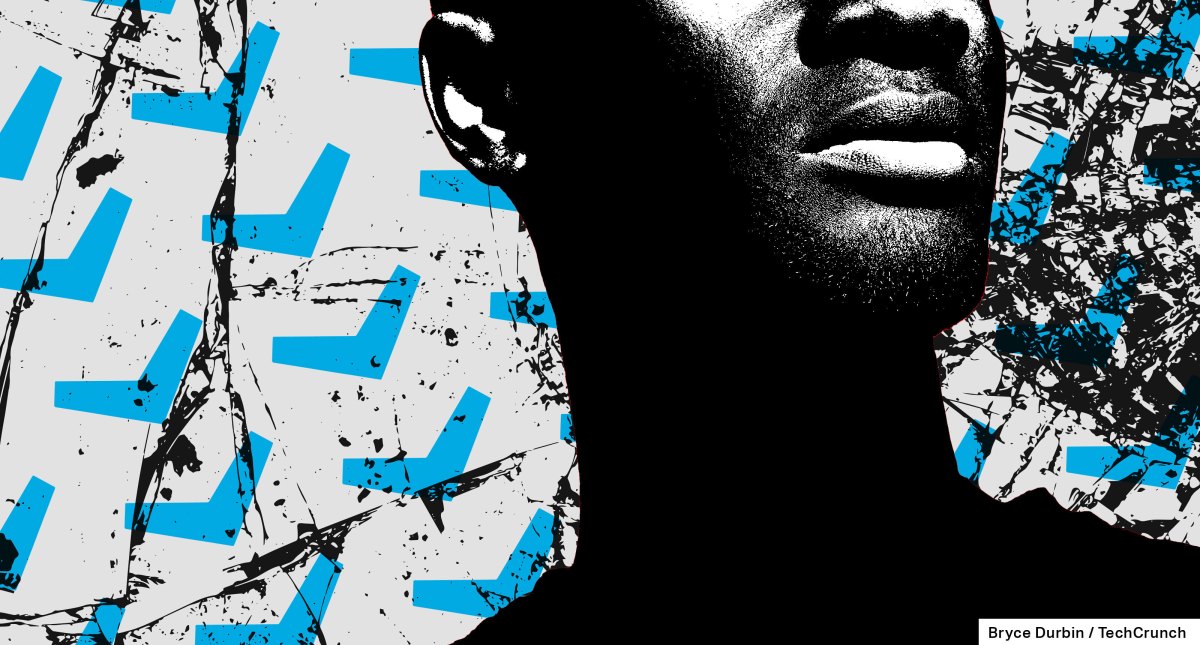Dakotah Rice, the founder of investing platform Pollit, was sitting on his couch Thursday watching CNBC as he does every morning. Then, his phone started ringing — and didn’t stop.
“I started getting texts and calls from my investors saying, ‘Look, you should move your money out of Silicon Valley Bank, something’s going on there,’” Rice told TechCrunch+. “My first instinct was just to act quickly, I didn’t ask a lot of questions.”
He moved most of his money from SVB to another bank, leaving just some cash in case of a false alarm. But hundreds of people were doing the same thing, which led to what has become one of the worst bank failures in U.S. history. A cloud of uncertainty hangs over Black founders: How devastating will the ripple effects of the collapse be?
The bank emerged as somewhat of a leader in helping Black founders within the tech ecosystem. It connected them with other founders and investors and provided banking services to help scale their businesses, granting opportunities where other banks shied away. The Black community has a fraught, harrowed history with banking institutions, and SVB emerged as a bank they could trust.
In fact, Rice said he worried that some founders would feel the effects of losing SVB for a while, especially as there’s no institution within tech seemingly as committed to helping Black founders, he said. Although the bank resumed operations, it’s unclear what its role will be moving forward as a critical social player.
